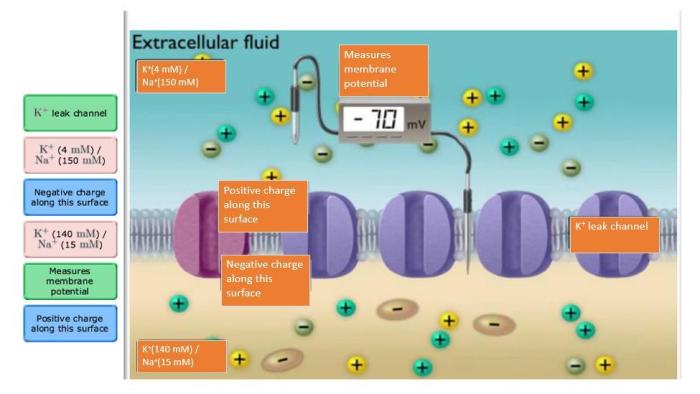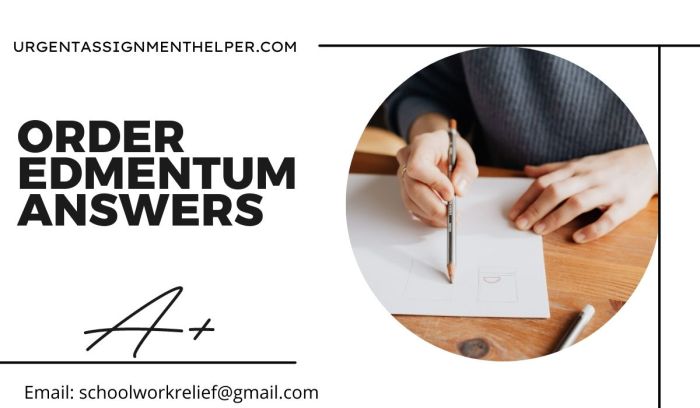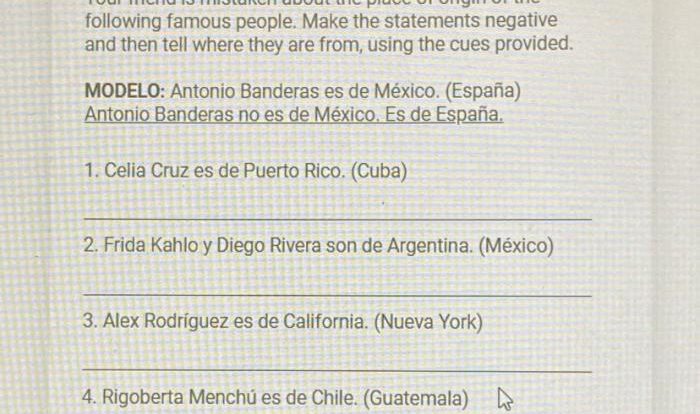Are you smarter than a 7th grader? This question has been debated for years, and now it’s your chance to find out! In this article, we’ll explore the cognitive abilities of 7th graders, the curriculum and content knowledge they’re expected to master, and effective test-taking strategies.
By the end, you’ll have a better understanding of what it takes to be smarter than a 7th grader and how you can improve your own cognitive skills.
Educational Assessment

Educational assessment is the process of gathering, analyzing, and interpreting data on student learning. Standardized testing is a widely used method of educational assessment that involves administering the same test to all students in a particular grade or subject area.
Standardized tests are designed to measure student achievement and compare it to established standards.
Types of Standardized Tests
There are many different types of standardized tests, each with its own purpose. Some of the most common types of standardized tests include:
- Achievement testsmeasure student achievement in specific subject areas, such as math, reading, and science.
- Aptitude testsmeasure student potential in a particular area, such as intelligence or musical ability.
- Diagnostic testsidentify areas where students are struggling and need additional support.
- Placement testsare used to determine which level of a course or program a student should be placed in.
Factors Influencing Student Performance
Many factors can influence student performance on standardized tests, including:
- Student motivation: Students who are motivated to do well on standardized tests are more likely to score higher.
- Test-taking skills: Students who have good test-taking skills are more likely to score higher on standardized tests.
- Prior knowledge: Students who have a strong foundation in the subject matter being tested are more likely to score higher on standardized tests.
- Test anxiety: Students who experience test anxiety are more likely to score lower on standardized tests.
Cognitive Development
Seventh graders are typically in the stage of concrete operations in Piaget’s theory of cognitive development. This means that they are able to think logically about concrete objects and events, but they may struggle with abstract concepts.
The concrete operational stage is characterized by the development of several cognitive abilities, including:
- Conservation: The ability to understand that the quantity of a substance remains the same even when its appearance changes.
- Reversibility: The ability to mentally reverse a series of actions.
- Classification: The ability to group objects into categories based on their similarities and differences.
- Transitivity: The ability to understand that if A is greater than B and B is greater than C, then A is greater than C.
These cognitive abilities are essential for academic success. Students who are able to conserve, reverse, classify, and reason transitively are better able to understand math, science, and social studies concepts.
Nurturing Cognitive Development
There are a number of things that parents and teachers can do to nurture cognitive development in 7th graders. These include:
- Providing opportunities for hands-on learning.
- Encouraging students to ask questions and explore their interests.
- Helping students to develop problem-solving skills.
- Providing feedback and support.
By providing these opportunities, parents and teachers can help 7th graders to reach their full cognitive potential.
Curriculum and Content Knowledge
The curriculum and content knowledge expected of 7th graders vary across different subject areas, but they all share a common goal: to prepare students for success in high school and beyond. In this section, we will compare the curriculum and content knowledge expected of 7th graders in different subject areas, identify the key concepts and skills that students should master at this grade level, and discuss the role of curriculum and content knowledge in assessing academic progress.
Subject Areas
The following table compares the curriculum and content knowledge expected of 7th graders in different subject areas:
| Subject Area | Key Concepts and Skills |
|---|---|
| English Language Arts |
|
| Mathematics |
|
| Science |
|
| Social Studies |
|
Role in Assessing Academic Progress, Are you smarter than a 7th grader
Curriculum and content knowledge play a vital role in assessing academic progress. By comparing a student’s performance to the expected curriculum and content knowledge for their grade level, teachers can identify areas where students are excelling and areas where they need additional support.
This information can then be used to develop targeted interventions and instruction to help students reach their full potential.
Test-Taking Strategies
Taking tests can be a daunting task, but it doesn’t have to be. With the right strategies, you can improve your performance and reduce stress.
Preparing for Standardized Tests
Standardized tests are designed to measure your knowledge and skills in specific areas. To prepare for these tests, it’s important to:
- Review the test format and content.
- Take practice tests to familiarize yourself with the question types.
- Identify your strengths and weaknesses and focus on improving your weaker areas.
Time Management
Time management is crucial during tests. To make the most of your time:
- Preview the test to get an overview of the questions.
- Allocate time wisely, spending more time on questions you know.
- Don’t get stuck on difficult questions; move on and come back to them later.
Approaching Different Types of Questions
Different types of questions require different strategies:
- Multiple choice:Eliminate incorrect answers first and choose the best answer.
- True/false:Read the question carefully and consider both sides of the argument.
- Short answer:Be concise and answer the question directly.
- Essay:Plan your response, organize your thoughts, and write clearly and persuasively.
Developing Good Test-Taking Habits
Good test-taking habits can make a big difference in your performance. Some tips:
- Get a good night’s sleep before the test.
- Arrive at the test center early and relaxed.
- Read the instructions carefully.
- Stay focused and avoid distractions.
Critical Thinking and Problem-Solving
Critical thinking and problem-solving skills are essential for academic success and lifelong learning. They enable individuals to analyze information, evaluate evidence, and make informed decisions. These skills are applicable in various real-world scenarios and can be fostered through effective teaching strategies.
Types of Critical Thinking Skills
There are various types of critical thinking skills that contribute to academic achievement:
| Skill | Description |
|---|---|
| Analysis | Breaking down information into smaller parts to understand its structure and relationships. |
| Evaluation | Assessing the validity, credibility, and relevance of information. |
| Inference | Drawing conclusions based on available information, even when it is incomplete. |
| Deduction | Applying general principles to specific situations to draw conclusions. |
| Induction | Making generalizations based on specific observations or experiences. |
Real-World Applications of Critical Thinking
Critical thinking skills are applied in numerous real-world situations, including:
- Evaluating news articles and social media posts for accuracy and bias.
- Making informed decisions about personal finances and health.
- Solving problems at work or in personal life.
- Understanding complex social and political issues.
- Participating effectively in civic and community discussions.
Fostering Critical Thinking and Problem-Solving Abilities
Educators can foster critical thinking and problem-solving abilities in students by:
- Providing opportunities for students to analyze, evaluate, and interpret information.
- Encouraging students to ask questions, challenge assumptions, and seek multiple perspectives.
- Using problem-based learning activities that require students to apply critical thinking skills to real-world scenarios.
- Providing feedback that helps students develop their critical thinking and problem-solving abilities.
- Creating a classroom environment that values intellectual curiosity and critical inquiry.
Top FAQs: Are You Smarter Than A 7th Grader
What is the average IQ of a 7th grader?
The average IQ of a 7th grader is 105.
What are the most important cognitive skills for 7th graders to develop?
The most important cognitive skills for 7th graders to develop are critical thinking, problem-solving, and decision-making.
What are some effective test-taking strategies for 7th graders?
Some effective test-taking strategies for 7th graders include reading the instructions carefully, managing time wisely, and checking your work before submitting it.


